
Neurofeedback offers a safe, drug-free solution that gently trains your brain to function more effectively, without the need for invasive procedures or medications.
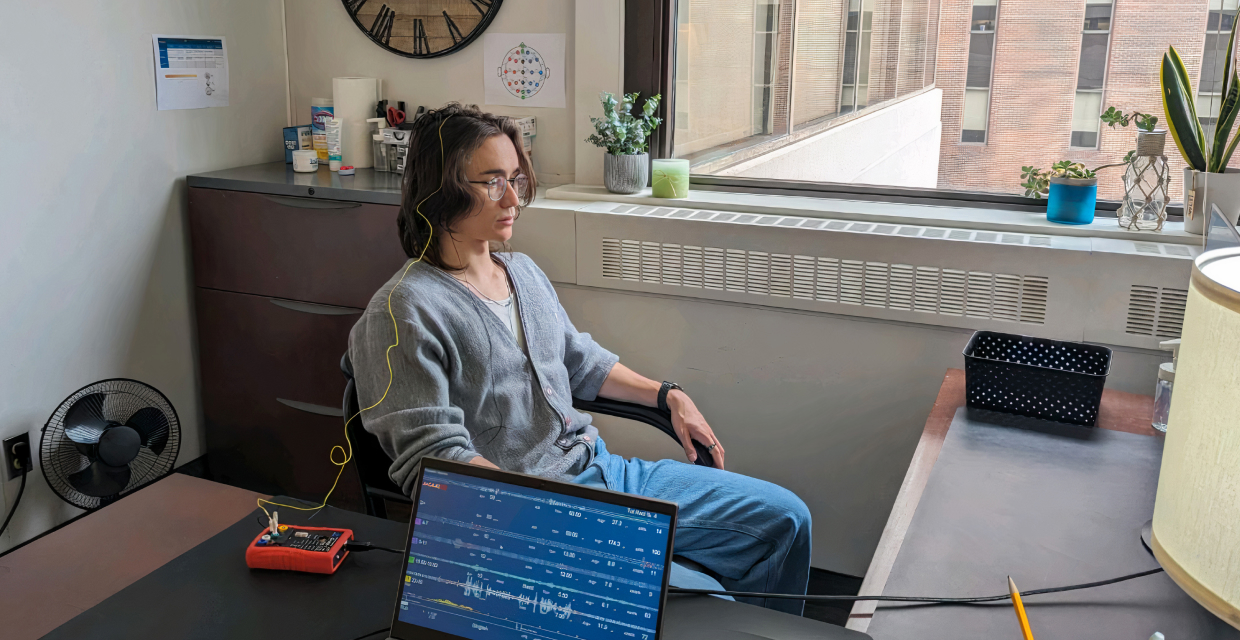
At MindVista, we specialize in Neurofeedback Therapy, an innovative approach designed to regulate mental wellness. Whether you’re struggling with anxiety, stress, or focus issues, our non-invasive, medication-free solutions can help you regain control of your mental health. If you’re also just looking to work on better regulating your mental wellness, neurofeedback would be beneficial.
Using advanced technology, neurofeedback provides real-time data about your brain activity, training it to self-regulate and function more efficiently.
Our compassionate, highly-trained professionals work closely with each client to create personalized training plans. We understand that every individual is unique, which is why our approach is tailored to meet your specific mental health needs.
"*" indicates required fields
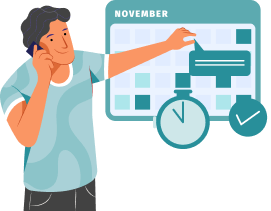


A program designed specifically to help students improve academic performance, particularly in areas of memorization, retention, and attention, supporting academic skills like homework completion, assignments, and exam-taking.


This program supports C-Suite executives, high-level professionals, students, and athletes in maximizing performance and boosting decision-making skills. The program considers all factors influencing performance, including sleep, helping participants reach their goals.


A program designed to support athletes and top-level performers in breaking through barriers of self-doubt, anxiety, and stress, to reach mental clarity and their final goal.


This program is a fun and creative way to help children and teens with Attention Deficit Hyperactivity Disorder (ADHD) boost attention and mental functioning through gaming.


The Recovery program supports individuals dealing with post-traumatic stress disorder (PTSD), trauma, traumatic brain injuries, and concussion-related issues. This program can be particularly helpful to the veteran population.


This program addresses concerns like brain fog by focusing on mindfulness, alleviating anxiety and panic attacks, and regulating the nervous system, helping individuals relax into the best versions of themselves.


Neurofeedback for ADHD offers a personalized, drug-free approach to managing the condition, potentially leading to increased focus, better behavior control, and supporting mental function.

Neurofeedback for anxiety can promote calm and emotional regulation, helping individuals address their specific anxieties and get the most out of social interactions and daily life.
Neurofeedback can be an effective tool for individuals with autism, supporting self-regulation, increasing focus, and alleviating anxiety in a gentle, non-invasive way.

Neurofeedback aids in the recovery process from concussions and TBIs by enhancing mental function and promoting emotional balance, all through a gentle, non-invasive approach.

By using neurofeedback, individuals with depression can experience boosted emotional regulation and mental clarity, offering a safe and tailored approach to mental health that doesn’t rely on medication.
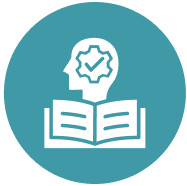
Neurofeedback is a powerful tool for those with learning disabilities, offering a safe and medication-free solution. It fosters better concentration, memory, and processing skills.
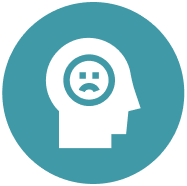
For individuals dealing with PTSD, neurofeedback offers a beacon of hope. It helps re-establish emotional stability and regulate anxiety by encouraging the brain’s self-regulating ability.
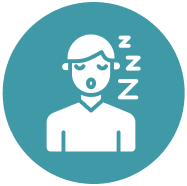
Neurofeedback trains the brain to achieve deeper, more restorative sleep patterns, helping individuals overcome insomnia and sleep disturbances.
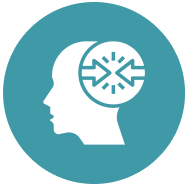
Through neurofeedback, individuals with OCD can gain better control over obsessive thoughts and compulsive behaviours, naturally promoting greater emotional equilibrium.
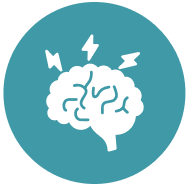
Neurofeedback offers a non-invasive solution to combat stress and burnout, helping restore mental energy, focus, and resilience in the face of overwhelming demands.
Experience the benefits of neurofeedback therapy and take the first step towards a healthier, more focused mind. Contact us now to schedule your initial consultation.
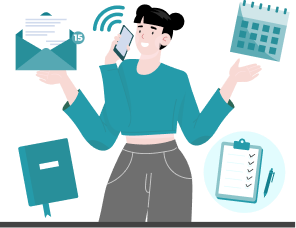
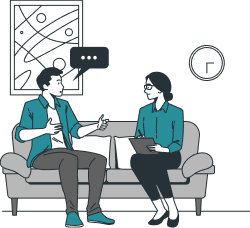
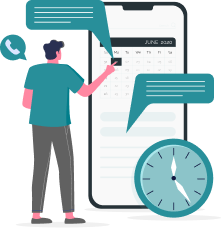
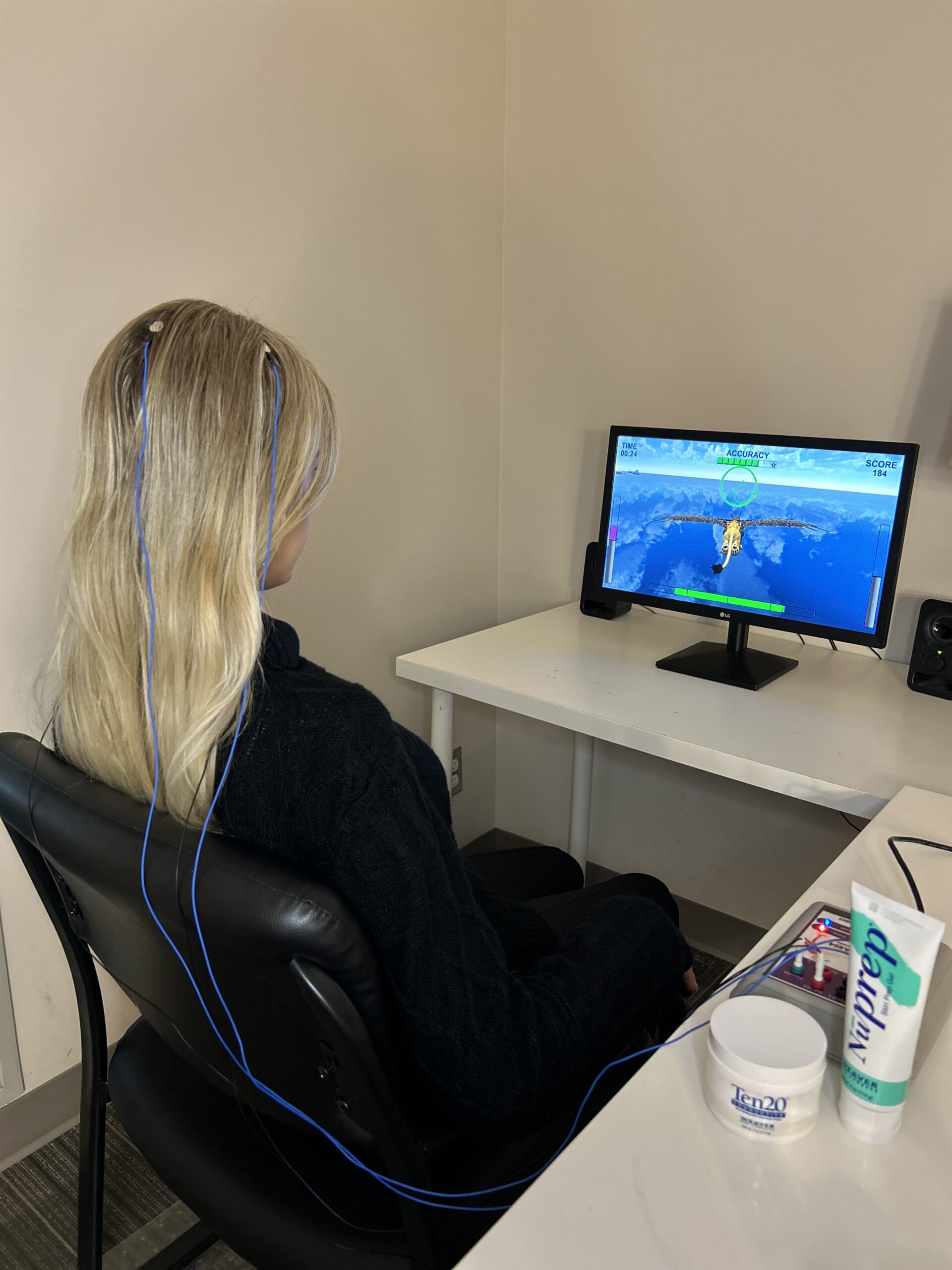
Neurofeedback, or EEG biofeedback, offers numerous benefits by improving mental health and performance. It works by providing real-time insights and training to help optimize brain function. Here are some of its key advantages:

Neurofeedback offers a safe, drug-free solution that gently trains your brain to function more effectively, without the need for invasive procedures or medications.

Our neurofeedback therapy is fully customized to meet your unique needs, ensuring that every session is tailored to target your specific goals and optimize brain function.

With regular sessions, neurofeedback promotes lasting improvements in performance, emotional regulation, and overall mental well-being, offering benefits that continue long after treatment.
This is unique to the individual and can be influenced by many factors. With consistent attendance to sessions, neurofeedback can have long-term effectiveness. Some clients complete maintenance sessions when active training has been discontinued. This could include periodic weeks of training sessions throughout their lifetime. It would not be possible to predict with accuracy the expected frequency and duration of such; however, neurofeedback is not meant to be done continuously for life.
It is recommended that clients continue following the medical advice of their family doctor and/or other health professionals (e.g., psychiatrist, pediatrician etc.). Any changes to medication should always be made through a physician. Discussions surrounding changes in medication are beyond the scope of our practice. Clients should also be aware of the relationship between neurofeedback and medications. While many people undergo neurofeedback with the goal of reducing or eliminating the need for medications, we recommend that clients do not stop or alter their medications without consulting their physician. Please also know that neurofeedback could affect the body’s response to other medications that clients may be taking for conditions unrelated to the ones that they are addressing using neurofeedback. Should new symptoms appear to be developing, it is the client’s responsibility to keep us informed of them as well as to inform their physician. Please notify your clinician and technician if there are changes made to medications, as this may have an impact on data and/or training.
This can vary. Some clients notice changes in the first few sessions while others take upwards of 10 sessions to begin noticing changes. If a client is responding to training, we expect small changes to emerge in the later sessions, although they may not be consistent yet. Typically, the changes will then enhance or grow further over time, becoming more noticeable and consistent. The changes can be significant or subtle depending on the client’s goals. It can help to monitor any changes to mood, sleep, attention, and energy in between sessions (and provide an update at the beginning of the next session if changes are noted). This is a learning process, so change can take time to build. Much like any therapeutic approach, we are unable to guarantee outcomes.
As with any treatment, it is important to understand the potential risks and benefits associated to make an informed choice. Your clinician will speak with you verbally about the risks and benefits associated with the specific bio or neurofeedback option recommended. Risks can include: temporary exacerbation of current symptoms, irritability, sleep difficulties, headaches, dizziness, mood changes, and/or fatigue. The nature of these side effects is individual and subjective. With certain modalities, such as neurostimulation, the experience of side effects may vary client to client. The slight or temporary exacerbation of symptoms is usually due to the ‘exertion’ that is new to the brain, similar to exercising a new muscle at the gym. If present, it usually dissipates over the first 2-3 sessions. Each time a client attends a session there is an opportunity to provide feedback. If a client notices changes that they are concerned about, it is important that they inform our team, and this can be reviewed. There are times when we may decide to make adjustments to a neurofeedback protocol.
It depends on the kind of treatment. Neurofeedback works well in conjunction with psychotherapy, as neurofeedback works to support autonomic nervous system regulation while psychotherapy can provide skills and insight to help manage life challenges. We also often recommend for children with learning difficulties to simultaneously engage in tutoring while completing neurofeedback for the same reasons. When it comes to medical treatments, it is important that clients inform us of any changes so we can understand their data better. We encourage clients to minimize any potential changes in outside treatments so that we can accurately understand what is creating any changes in brainwaves and experiences. If clients intend to have simultaneous treatment, we advise that they do their best to discuss these with our team so we can help them navigate the best time to start neurofeedback training.
To ensure the highest quality of care and for ethical reasons, it is imperative that we ensure clients are suitable for bio or neurofeedback. Some possible reasons why a client might not be eligible include certain medical conditions (e.g., poor thyroid function or metabolic issues, recent severe concussion or brain injuries, psychosis, active suicidal ideation, etc.). The willingness of clients to actively participate in the process is a critically significant factor in the success of neurofeedback. Clients who are resistant or oppositional to the training process may not be appropriate candidates for neurofeedback. Further, excessive consumption of alcohol and/or use/ dependence on recreational substance are likely to negatively affect the outcome of neurofeedback. It is highly recommended that clients refrain from excessive consumption of alcohol and/or drug use during the course of neurofeedback, including time between sessions. Clients should also be aware that dependence on alcohol and other drugs can reverse the benefits of neurofeedback training after completion of sessions. Some medications such as benzodiazepines may also negatively impact the success of neurofeedback. Please speak with your clinician for further information and to manage expectations for neurofeedback if these substances will continue to be used during the neurofeedback process.
Our clinicians are licensed therapists (Registered Psychologists, Psychotherapists, and Social Workers) who have also obtained their credential of BoardCertified Neurofeedback Clinician through the Biofeedback Certification International Alliance. Our clinicians also regularly consult with neurofeedback mentors and participate in ongoing learning to expand existing knowledge, provide ethical care, and receive specialized feedback related to individualized cases. Our technicians are trained in appropriate, ethical, and caring behavior with clients and are trained in how to correctly administer neurofeedback training. All of our technicians must participate in a screening process and receive comprehensive training. Our technicians follow a carefully outlined neurofeedback protocol which is determined by the client’s licensed clinician. At no time do technicians make protocol decisions without the supervision of a licensed clinician. Your neurofeedback training may be supported by a clinician and/or a technician. If you have questions or concerns about your neurofeedback training, your technician will act as a first point of contact and will pass these along to your clinician, or you may be in touch with your clinician directly. Our technicians are responsible for reporting via clinical notes and participation in regular supervision meetings.
The International Society for Neuroregulation and Research (ISNR) has an extensive compilation of articles, indexed by presenting concern and neurofeedback type. From their website: The International Society for Neuroregulation & Research (formerly International Society for Neurofeedback & Research) is a membership organization that comprises people from many countries and various professional disciplines working on neurotherapy, neurofeedback training and neurofeedback research. ISNR supports education and excellence in the field of neurofeedback training and neurotherapy and seeks the validation and acceptance of this discipline by a broad spectrum of society. Both the society and its members gladly cooperate with other like-minded organizations and individuals.
Progress is measured in two ways. The first is client self-report. Successful neurofeedback training depends on feedback. Clients are encouraged to share updates, feedback, and changes at the beginning of each session. It is important that clients inform our team of any changes so we can monitor progress and make timely adjustments. The second measure of progress is EEG data. Updated QEEG maps allow us to quantify changes, and many of our systems collect, record, and monitor this data in each session. Review sessions are scheduled to collaboratively determine if a client is ready to taper off sessions, if any adjustments should be made to accommodate new goals, or if training will continue to further enhance and consolidate.
Our Goal is to Help You Feel Better by Providing Specialized Services.
Phone: (506) 357-0710
Email: adminlincoln@truenorthps.ca
Phone: (902) 439-7396
Email: adminpei@nuvistamentalhealth.ca
Phone: (613) 435-3055
Fax: (613) 435-7055
Email: adminkanata@nuvistamentalhealth.ca
Phone: (613) 435-3055
Fax: (613) 435-7055
Email: adminkanata@nuvistamentalhealth.ca
Phone: (416) 619-0238
Fax: (416) 848-7452
Email: admintoronto@nuvistamentalhealth.ca